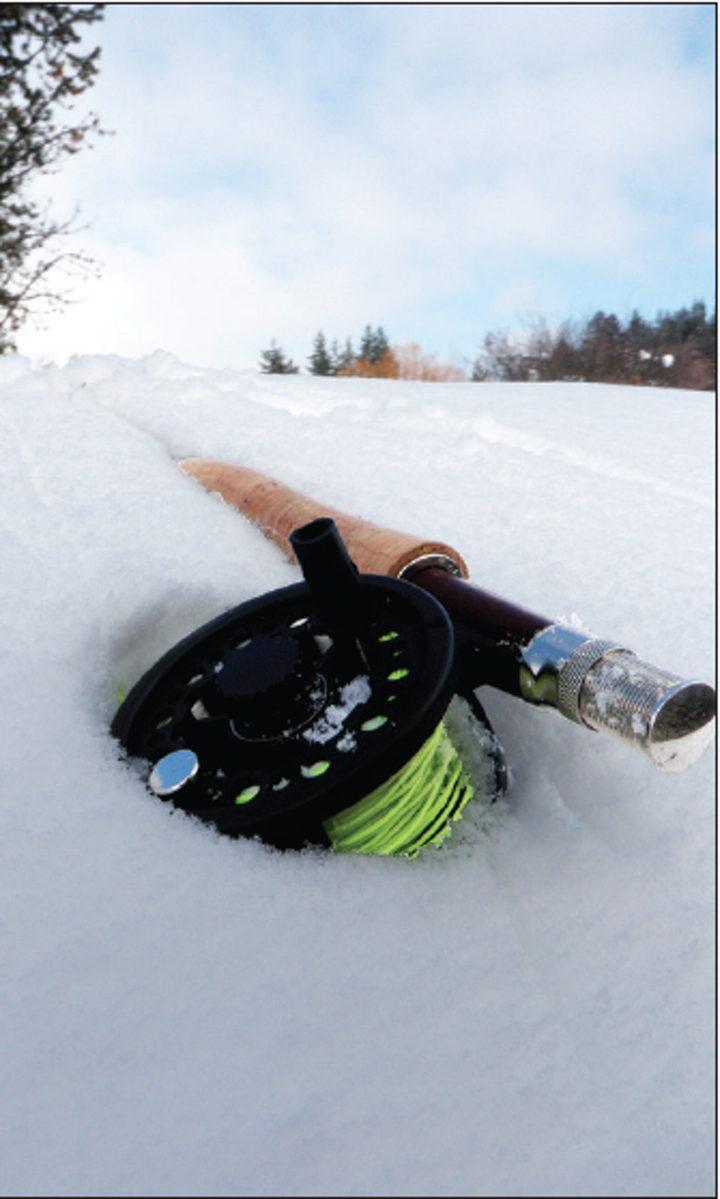By Scott Graber
It is early Saturday, and this morning, I have a fire in our hearth. I’ve built this fire from sticks, branches and debris that have fallen into our yard from an aging stand of magnolia trees.
Usually I use an accelerant — a store-bought log – to get things going. But today’s kindling is organic, artisanal, free of chemicals.
As I sit in our living room I have a view of the Beaufort River getting its first shafts of low-angled sunlight. This light has turned the Spartina an electric yellow and infuses me with a sense of rebirth and renewal.
This morning I’m listening to the “People’s Pharmacy” that features Paul Offit, a pediatrician-professor-writer at the University of Pennsylvania Medical School. Dr. Offit says that many Americans, perhaps 20 percent, will opt out of the forthcoming Covid vaccine. CBS polling says that half of its respondents intend to “wait and see” before taking the shot.
What?
In his explanation, Offit mentions the “Cutter Incident” in 1955. This accident involved Cutter Laboratories and the fact that their process of inactivating the live polio virus was defective. Within days there were reports of paralysis and within month of the first mass vaccination program against polio had to be abandoned.
The Cutter incident eventually led to the replacement of Jonas Salk’s formaldehyde-attenuated vaccine with Albert Sabin’s vaccine. Sabin’s “live” virus was also attenuated but the virus could be “reactivated” resulting in occasional cases of polio.
Offit makes it clear that the Cutter incident wasn’t Salk’s fault, rather the fault was with the manufacturer, but it added even more accelerant to a rivalry between two brilliant, egotistical pioneers in vaccine development, notorious for their bitter rivalry.
Offit also makes it clear that in 1955 the vast majority of Americans were ready to take their chances with the vaccine because polio had completely terrorized the American public. I was 10 years old in those days, and remember mandatory naps, newsreels showing recumbent children in “Iron Lungs” and the Gamma Globulin shots my father gave me and my siblings.
Polio was second only to the Atomic Bomb in terms of what most Americans feared the most.
And, of course, we were a different country in the 1950s.
Our parents were survivors just escaped from the great tragedy of World War II. There was a national sense of gratitude that infused those who made it back after the great shoot-out.
There was also an excitement about the science that had come out of this war — especially antibiotics like Streptomycin. It was a time when doctors were not yet beholden to insurance companies. Rather they were authentic, small town celebrities in the image of Marcus Welby.
After the Cutter incident the courts ruled that compensation was due those who had been injured. This triggered a flood of well-publicized lawsuits. Later, in 1986, Big Pharma fought back convincing Congress it was entitled to immunity.
Notwithstanding Congressional immunity there developed — according to Offit — a culture of risk aversion among pharmaceutical companies and a tendency to avoid experimentation and innovation. Many smaller companies then opted-out of vaccines altogether.
Now I’m listening to the news — People’s Pharmacy and Offit are done — and the lead story is the number of infections and the forthcoming danger that will attend any Thanksgiving gathering. This is followed by a first-person account of race-based discrimination, which is followed by a story framed with the words, “Blood in the Streets of Uganda.”
This morning, we get an hourly recitation of disaster, followed by injustice, then incompetence and sometimes genocide. Into this recipe we mix in a conspiracy-ridden internet which often targets vaccines and vaccinations, calling them dangerous, unnecessary, a source of autism.
And so we now have a substantial cohort of cynical, skeptical, disbelieving Americans who see conspiracy and incompetence in every landscape — and apparently some see it in the making and the delivery of this particular vaccine.
This is a tragedy.
In the last part of my father’s life, he taught at MUSC. While there he recruited Albert Sabin to come and also teach at the Medical School. My father and Sabin thereafter became friends.
I would sometimes see them, sitting in our den on James Island, talking about the their changing world of RNA, DNA and pathogens unseen and unknown. To my everlasting regret, I never joined those conversations.
I was young, self-absorbed, in a hurry to get to the beach.
Scott Graber is a lawyer, novelist, veteran columnist and longtime resident of Port Royal. He can be reached at cscottgraber@gmail.com.







